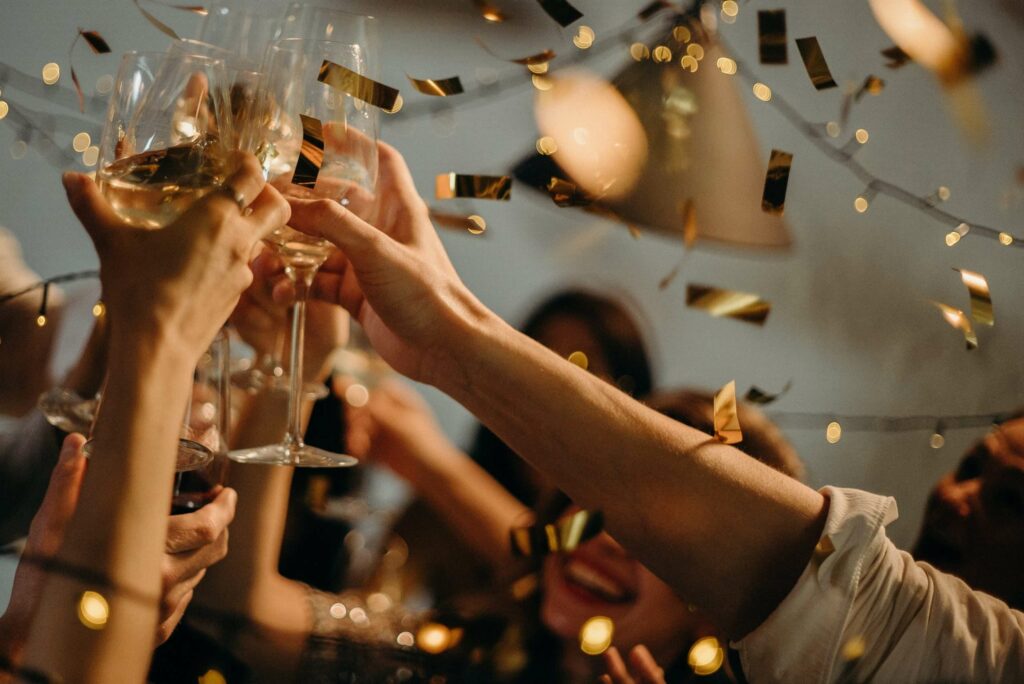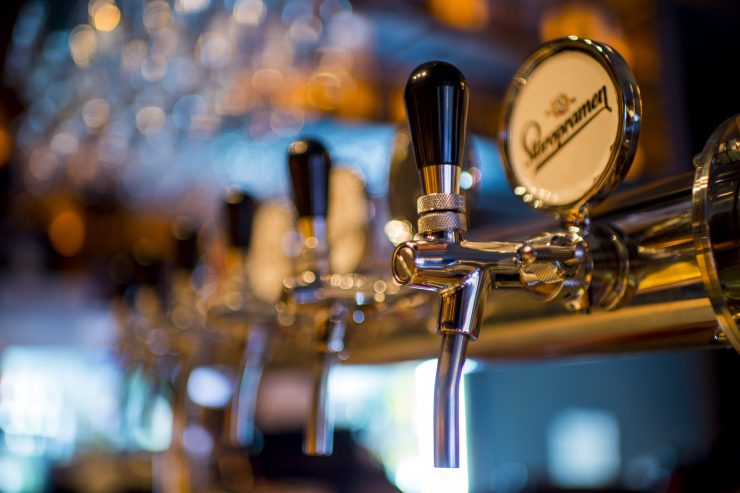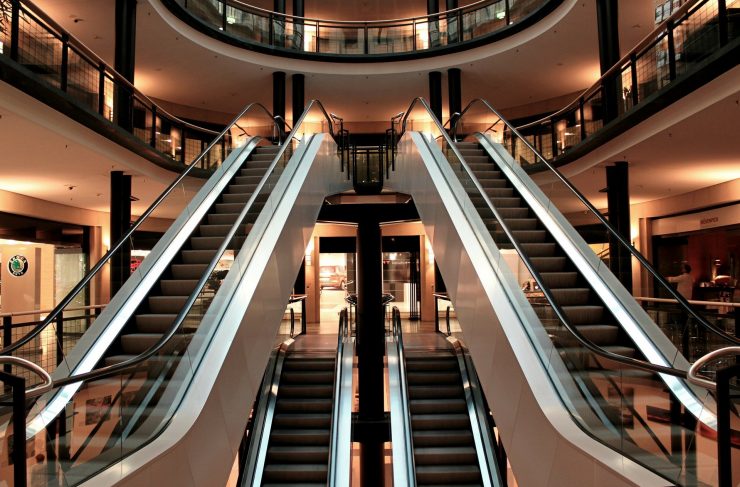Yes, I am writing about alcohol again. No, I don’t have a problem. I am writing about alcohol and fun, as I think it’s fair to say, alcohol plays a vital role in today’s society. In the modern world, work has become much like a religion, leaving little time for fun! Sometimes, having too much fun (apparently that’s a thing) is often seen as silly, unproductive and useless.
As children, we used to play and have fun to understand ourselves and the way the world works. Oh, to go back! But as adulthood welcomes us with open arms, those senses of curiosity, wonderment, and imagination can often seem dull. However, as an adult, one often attempts to have fun how an innocent, egoless child would. But, throughout adulthood, we usually only allow pockets of time that would enable us to bring the joy of play and fun back into a work-weary world.
How do we have fun?
So how do we have fun? Kate Fox stated that we use props and facilitators for enjoyment. Also, the places, time and, more specifically, items that have a contextual role in the feeling of having fun. Think back to the last time you had real, euphoric fun. What were you doing, who were you with, were you drinking? Now, I wouldn’t judge if you were drinking because many fun stories in adult life revolve around alcohol in today’s society.
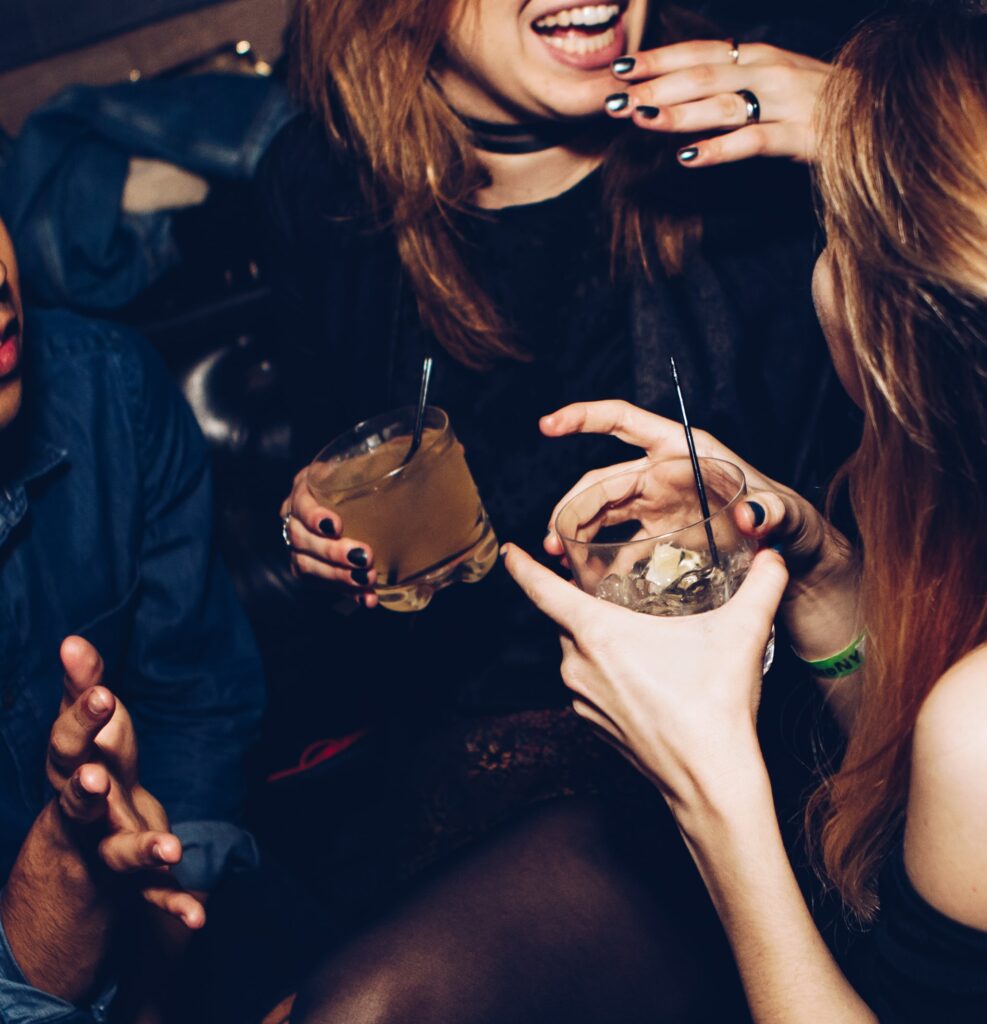
Alcohol is surrounded by its negatives, with its links to cancer, mental illnesses and diseases. Despite this all being true and important topics for awareness, it is incomplete. Joseph Gusfield understood that “the association of alcohol with leisure is part of a unique pattern of drinking”. So, it’s fair to say alcohol plays a specific contextual role in having fun. This post will be analysing why alcohol plays such a pivotal role in adulthood fun and why drinking, despite its negatives, can be incredibly fun.
What is fun?
Seems pretty deep, I know. Sure, we all know what fun is, don’t we? It’s pleasure, enjoyment, entertainment, etc. However, as you might have guessed, within sociology, this definition lacks depth. Fun is an underappreciated phenomenon in literature. Despite societies placing importance on happiness and enjoyment, fun continues to take a backseat.
In “Beyond the pleasure principle“, Sigmund Freud discovered that the most fundamental part of one’s personality is finding extreme pleasure, then pursuing that ecstasy, that fun. People have been having fun for generations.
“Fill your belly. Day and night make merry. Let days be full of joy. Dance and make music day and night”. These things alone are the concern of men”.
The Epic of Gilgamesh, often regarded as the earliest surviving great work of literature and the second oldest religious text
We also all know the ancient Greeks enjoyed a bit of fun. The importance of joy and pleasure for life is evident; however, there has been a lack of respect for analysing fun.
Phenomenology of Fun
Bored of the word fun yet? Well, I’m not done yet! There is an underlying issue with defining fun. Since fun is a phenomenon that despite most people understanding what it is, symbolic interactionism would suggest that each individual develops a personal meaning towards fun. We all experience fun, that’s a given, but it’s such a subjective sensation. So, let’s not get bogged down here, but instead, let’s try to understand the various ways fun is acknowledged and had.
Fun is a form of resistance to routine. Donald Roy defined it as overcoming the beast of monotony. How thrilling! In a less dramatic definition, we use fun to escape repetition. Fun is effectively a distraction from boredom and the antonym of seriousness. Fun is also when there is an overwhelming sense of freedom psychologically. Let’s look back at those thrill-seeking Greeks. The Greek philosopher, Epicurus, believed that the highest good was to seek sustainable pleasure in the form of tranquillity and freedom from fear and the absence of pain. Now, I presume he was saying that’s a possible feeling without some sort of drugs. Fun is not just indulging in a myriad of physical pleasure, but rather a psychological feeling of contentment, satisfaction, peace and happiness. So, fun is a sense of euphoria.
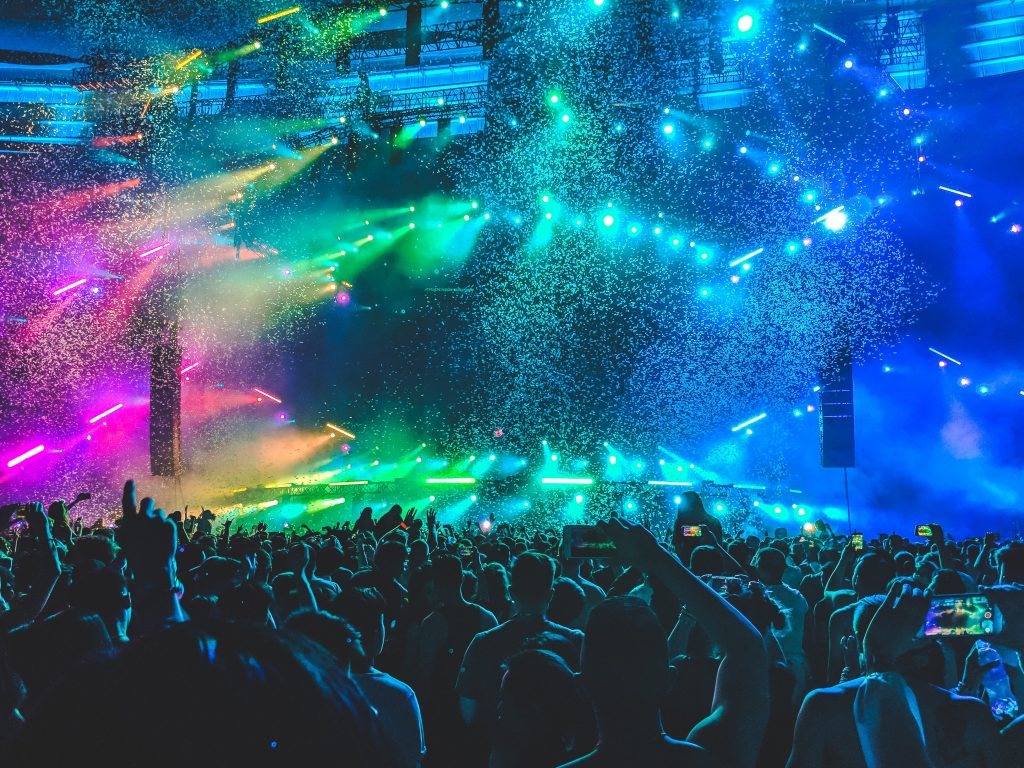
“Adults have quite a linear relationship to space and fun”
Ok, before I carry on sounding like I have some pills to sell you, let’s analyse the quote above by Ben Fincham. In his book “Sociology of Fun“, Fincham stated that some particular places and items provide the ability to have fun. However, these locations differ in childhood fun places since sites have a linear relationship with the life course. For instance, fun within a pub is fine for adults. Yet, it would be inappropriate for adulthood fun to exist within a play park in the absence of your own children. If this comes as a shock to you, then you need to take a long, hard look at yourself. Fincham also believed that alcohol and pubs become increasingly crucial for adults and having fun.
Now we are getting somewhere! Finally, we can start talking about alcohol. Well, firstly is essential to acknowledge that alcohol is a drug. By consuming alcohol (nerd alert), there is increased endorphin activity in brain regions, including the orbitofrontal cortex, involved with reasoning and decision-making, and the nucleus accumbens, also known as the “pleasure centre”. Sorry to bore you with scientific jargon, which I totally didn’t copy and paste! But it’s true; alcohol is effectively a fun juice. But that’s not going to be where I end the post, as sociologically, there is a lot more at play here.
Shedding of inhibitions
When we drink, we shed our inhibitions. It’s glorious, isn’t it? But this is not necessarily due to the alcohol itself’s chemical actions – our beliefs about the effects of alcohol act as self-fulfilling prophecies. Alcohol plays a contextual role in having fun. When analysing placebo studies completed regarding alcohol, Maria Testa and colleagues discovered that individuals attempted to compensate for the drink’s expected effects rather than behaving according to some alcohol expectancy. We’ve all been there, putting it on to act “cool”, even though we are drinking Beck’s blue by accident. This is why even at a young age I drank pints of bitter to seem ‘mature’. Alcohol is vital in shedding inhibitions even if you were to remove its chemical components.
Drinking establishments also play a similar role. Pubs and bars appear to be recurring locations for people when explaining their previous experience of fun. When I did this study, I asked several people about their previous experience of fun. The pub came up almost every time; the British pub culture is hugely important to many people. Kate Fox sums it up perfectly, stating, “for foreign visitors, many English pubs seem more like children’s playgrounds than adult drinking-places”. Think about it; pubs and bars have loads of “fun” things, such as pool tables, dart boards, board games, pub quizzes, etc. Pubs are playgrounds for adults, and I love just love that.
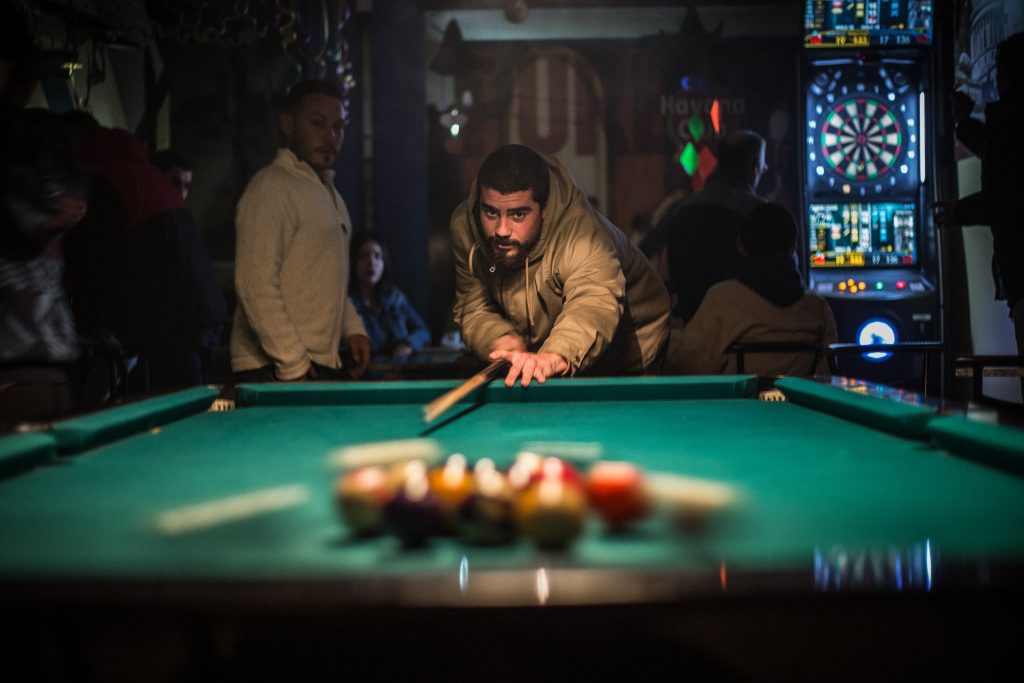
Being sociable
A key aspect of having fun for many people is socialising. Fun is a social activity, and many adults meet and socialise. But, this tends to happen in places and situations where alcohol is present. Multiple studies discovered that the most common reason for alcohol consumption was social reasons. This was the case for all ages within adulthood up to 90-years-old. Don’t be so naive; OAPs love to have a party! “There ain’t no party like my Nana’s tea party”! I’m serious; it is a real problem – the number of OAPs catching sexually transmitted infections is rocketing.
Pubs encourage sociability. For example, “bar service only” requires communicating your order at the bar, which in turn promotes being sociable. How many times have you started chatting to the person next to you at the bar? Let’s not forget about the frequent events held at drinking establishments, such as karaoke and competitions. These aid sociability and also contribute to having fun. Oh, I suddenly fancy a karaoke session! Bit of Billy Joel, anyone?
Another example of pubs encouraging sociability is the ritual of “buying rounds”, which we discussed in my other alcoholic ramblings. Crystal Park’s study in 2003 examining students’ positive alcohol-related consequences, 54% of participants stated the most favourable effect was having great fun/socialising.
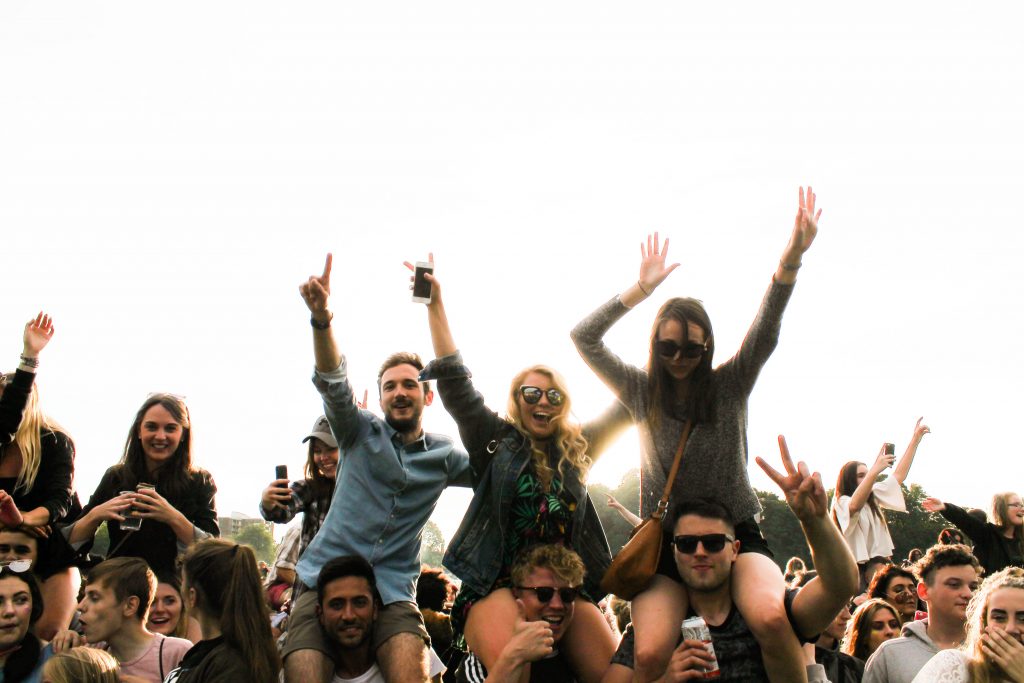
Many want to socialise, and it seems alcohol gives that courage to be more likeable. These positive consequences reinforce our beliefs that alcohol use leads to more fun, better times with friends, less tension, and easier socialising.
Feeling free of social responsibilities
The pub is a brilliant space where you can feel free of any social responsibilities and take some time for yourself. Goffman (my favourite) stated that pubs are “backstage” regions. So, pubs are regions that permit the shedding of social responsibilities. They help with the work-hard, play-hard lifestyle. We looked at how fun is the escape from the monotony of work-life, and it is evident that alcohol and pubs offer that escape. Bars and pubs have a happy hour, for crying out loud! This connotates the transformation from one period, work, into another, play, with the second period being “happy”. Our American cousins also have “Thank God It’s Friday”, which plays a similar role. It announces the cultural remission of the weekend and that it must be celebrated with drinking.
Alcohol is a disinhibitor. One of the key feelings required to have fun is the sense of feeling free from self-consciousness. This fun juice provides a “cover” to the exposure of the self to public judgements. Understanding that alcohol is an accepted way to reach this state perfectly shows why alcohol plays such a vital part in having fun in adulthood. There is no coincidence that the most common days for drinking are occasions such as Birthdays, Christmas, New Year’s Eve, etc.; these days should be fun! Do what Anne-Marie does when she says: “It’s my birthday, I ‘ma do what I like, I ‘ma eat what I like, I ‘ma kiss who I like”. It’s almost like she’s a sociologist!
Finally…
Now, to conclude that alcohol is the only way to have fun would be false and a dangerous assumption. Alcohol can be destructive, and we should use it in moderation! But, it’s clear alcohol plays a vital contextual role in adulthood for many people to experience the phenomenon of fun. Fun is more than a laugh or smile; it is a euphoric sensation that temporarily removes any concerns and allows one to feel psychologically free. We perceive alcohol as the key to Pandora’s box, which contains these sensations. Regardless of it being consumed or not, its presence emerges to have significant importance. The cultural understanding of alcohol has been reinforced in people. It leads to more fun, better sociability and less pressure.
Children have no differentiation between play and reality; it appears seamless. However, as we age, the boundary becomes profusely well-defined. The euphoria experienced in fun is a consistently chased fantasy. The idea of fleeing the rigour of everyday life and escape any self-consciousness, anxieties and inhibitions, even temporarily, can often seem incomprehensible. Conversely, alcohol is one way many can blur the line and achieve pure, transcendental fun.
With alcohol’s ability to disinhibit, we feel free to behave more childish, thus giving the desired capability to return to the fun world experienced during childhood. As a society, it is somewhat cynical that thinking of our previous experience of fun is a difficult task. Also, the fact that alcohol is a required prop for many people to experience fun is a sad reality. Regardless, fun is serious business (see what I did there?). It is abundantly clear that alcohol can temporarily offer a place to rest our inhibitions and provide the flame that ignites the warm feeling that occurs within a pure experience of euphoric fun. Too deep a conclusion? Well, have a bit of fun and a drink; cheers!
